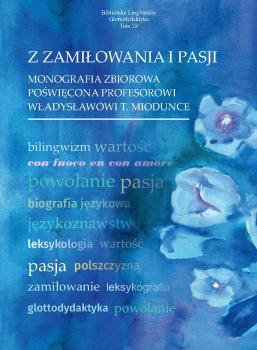Sztuczna inteligencja w dydaktyce języka polskiego jako obcego – podejście studentów, nastawienie nauczycieli .......... 143
Streszczenie
Rozwój technologii nie pozostaje bez wpływu na edukację, w tym na nauczanie języka polskiego jako obcego. Pierwsze próby włączania komputerów w proces dydaktyczny prowadzono już w latach 90., określając je mianem CALL, potem, wraz z upowszechnieniem urządzeń mobilnych – MALL. Ostatnio coraz większą rolę w procesie nauczania i uczenia się, zwłaszcza w zakresie tworzenia wypowiedzi pisemnych, prezentacji czy wypowiedzi ustnych, zaczynają odgrywać narzędzia oparte na SI, takie jak ChatGPT. Niniejszy artykuł ma na celu przedstawienie postaw studentów i lektorów języka polskiego jako obcego wobec nieuniknionego wpływu sztucznej inteligencji na nauczanie. Z przeprowadzonych badań wynika, że konieczne jest efektywne wspieranie uczących się we właściwym używaniu nowych narzędzi, które wymaga kształcenia nauczycieli. Należy też przemyśleć sposoby planowania zajęć i weryfikowania efektów kształcenia.





